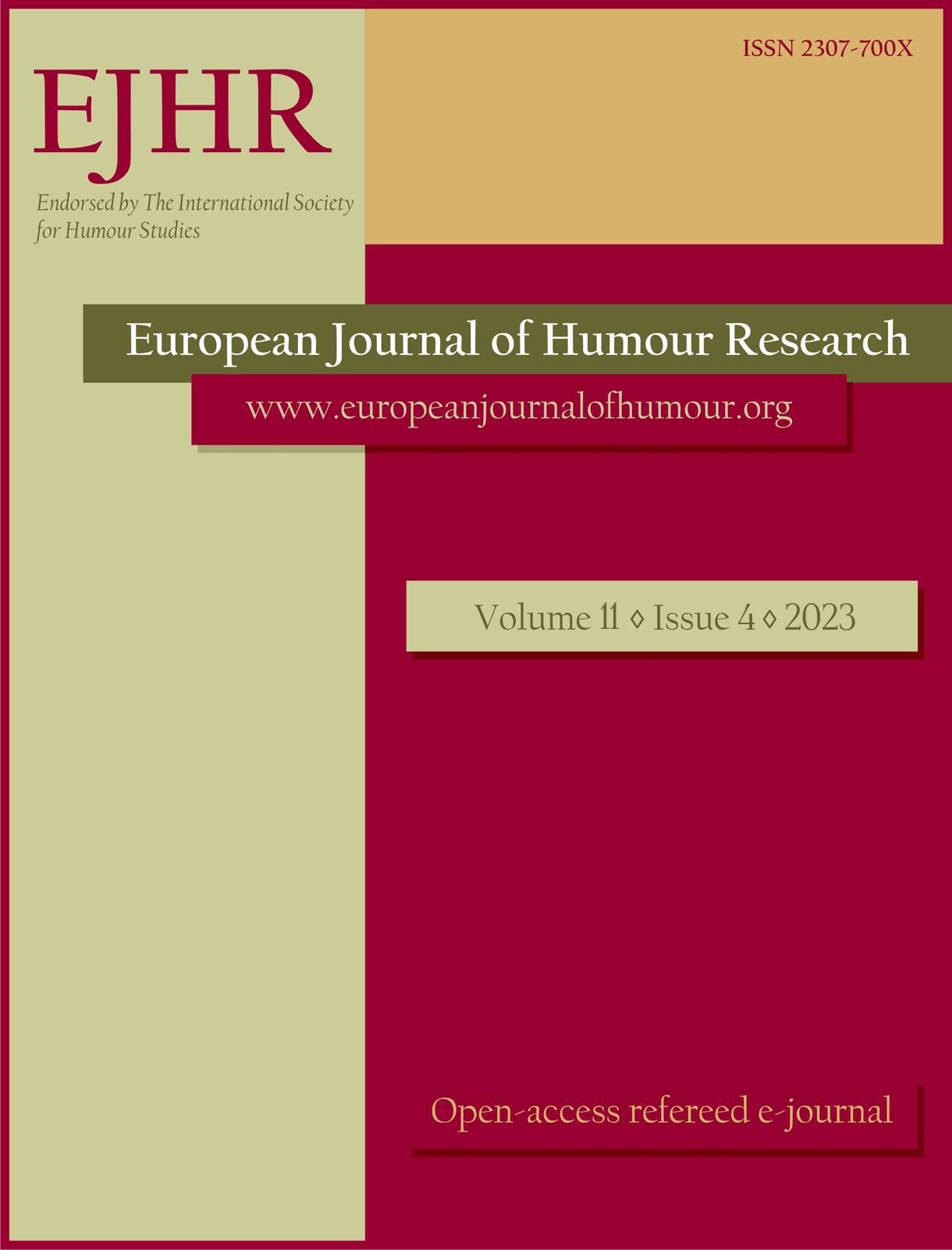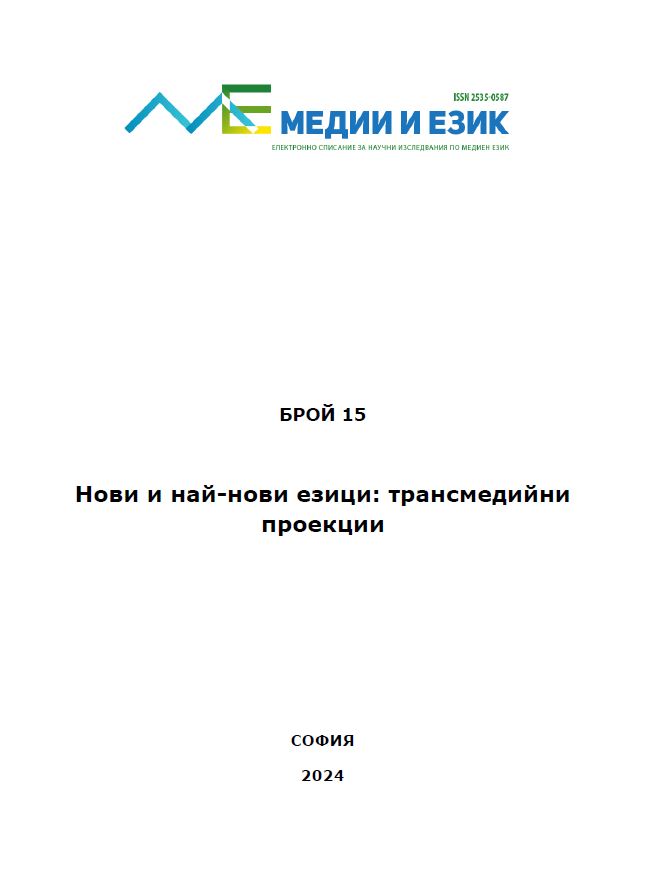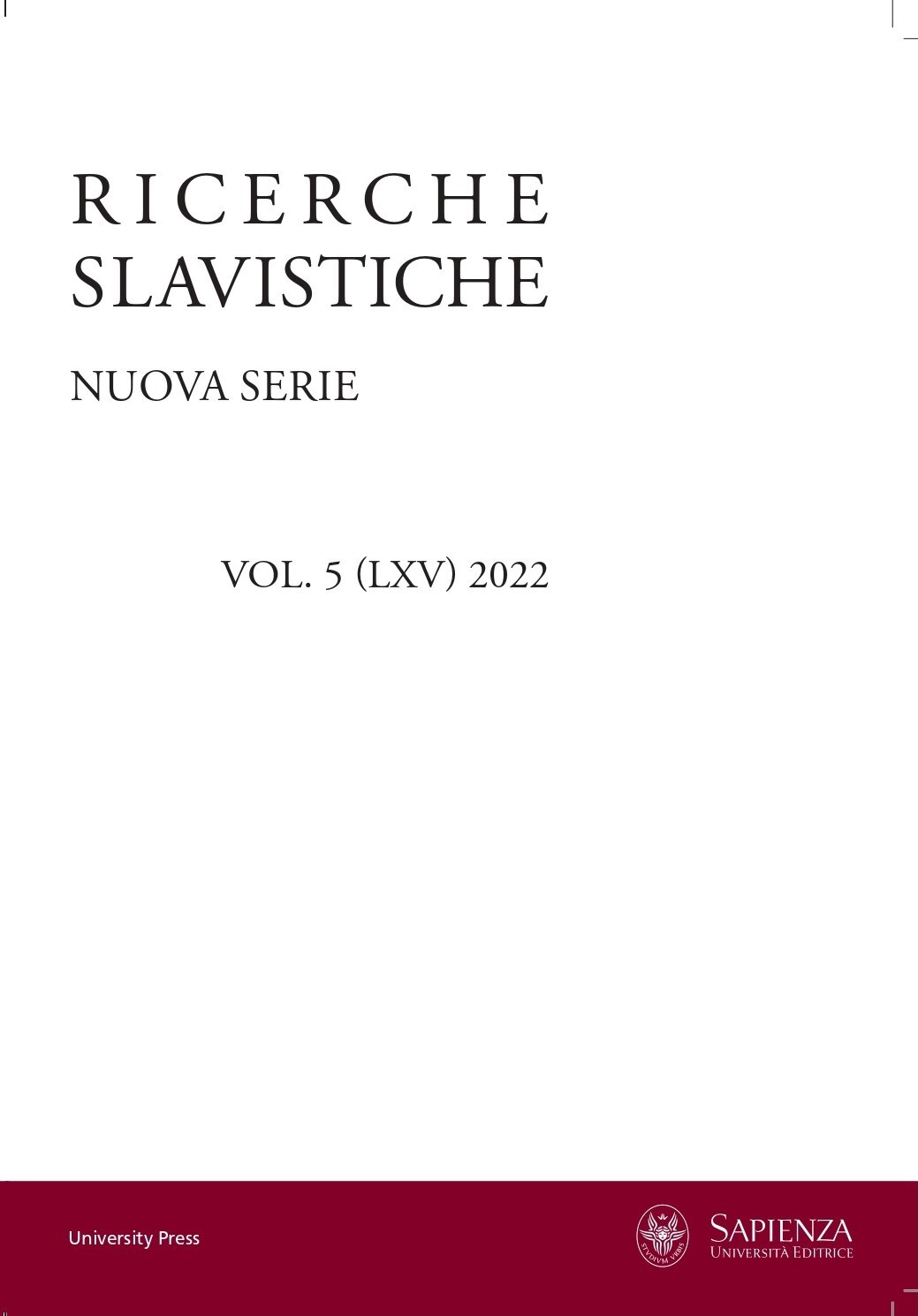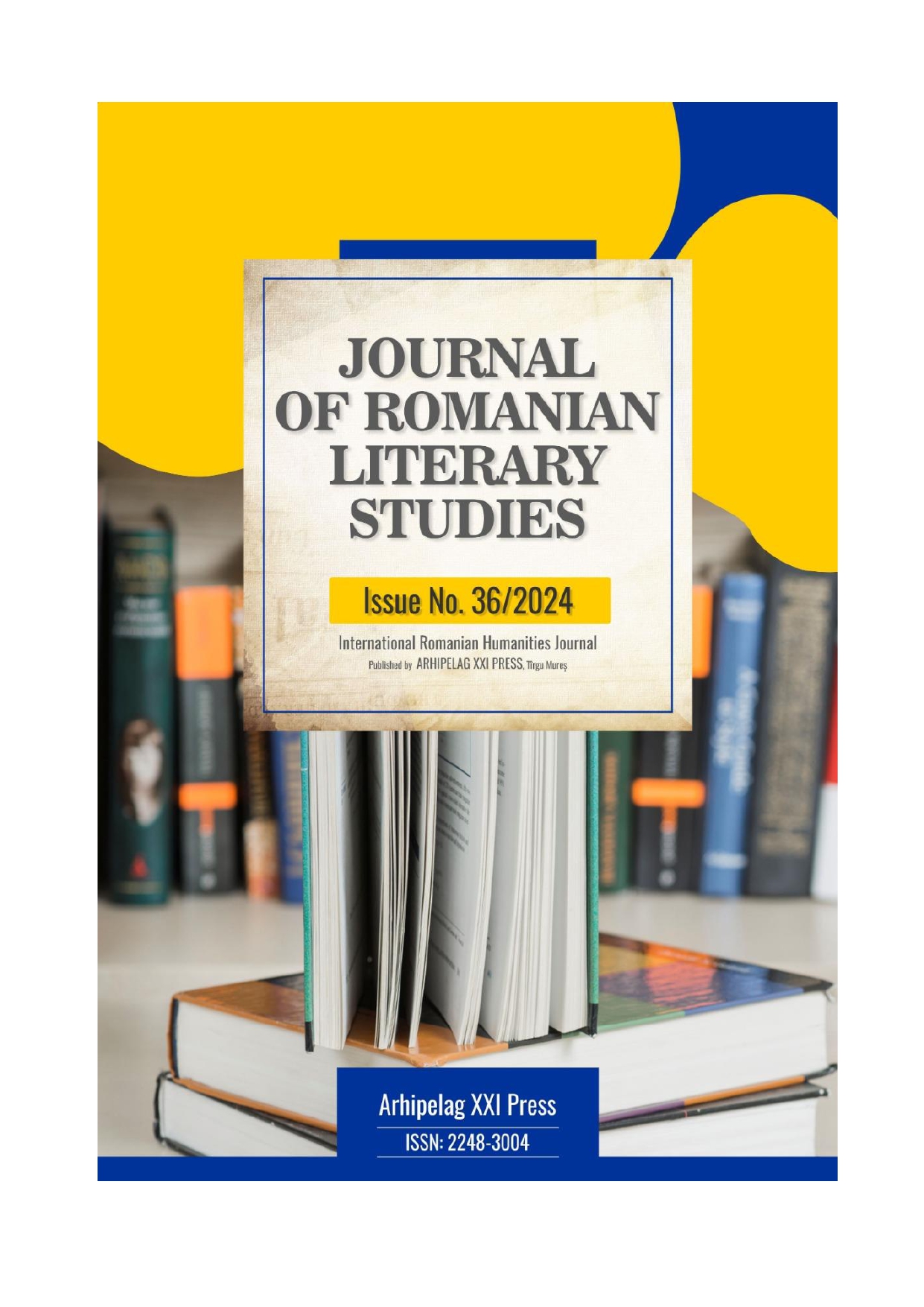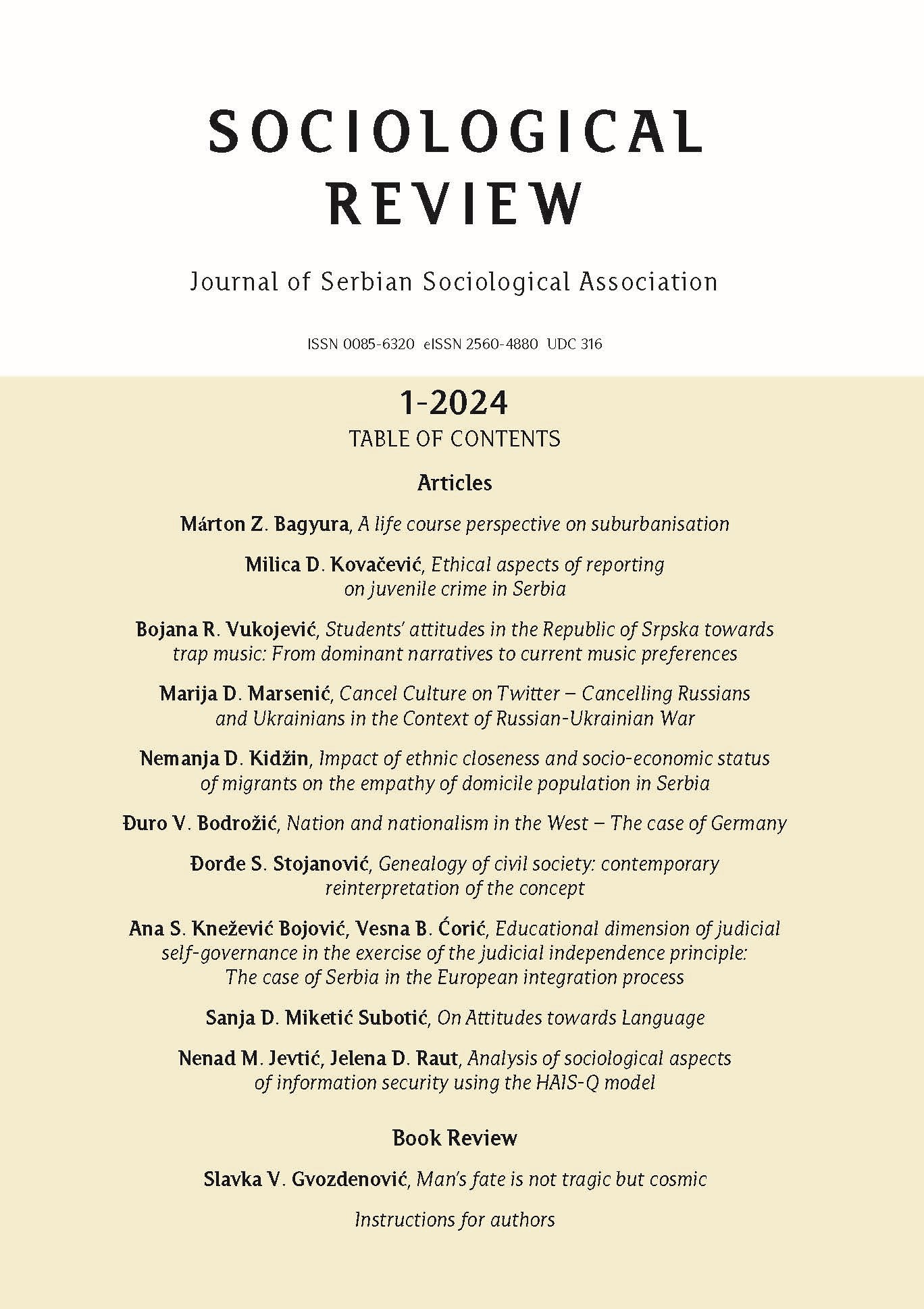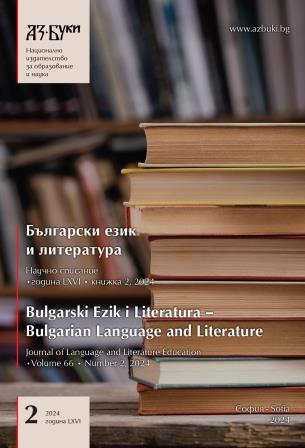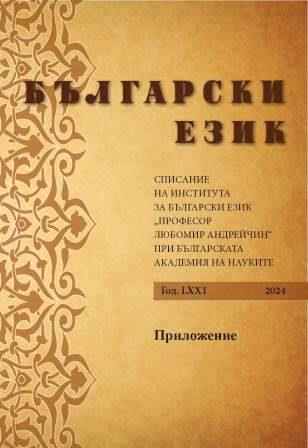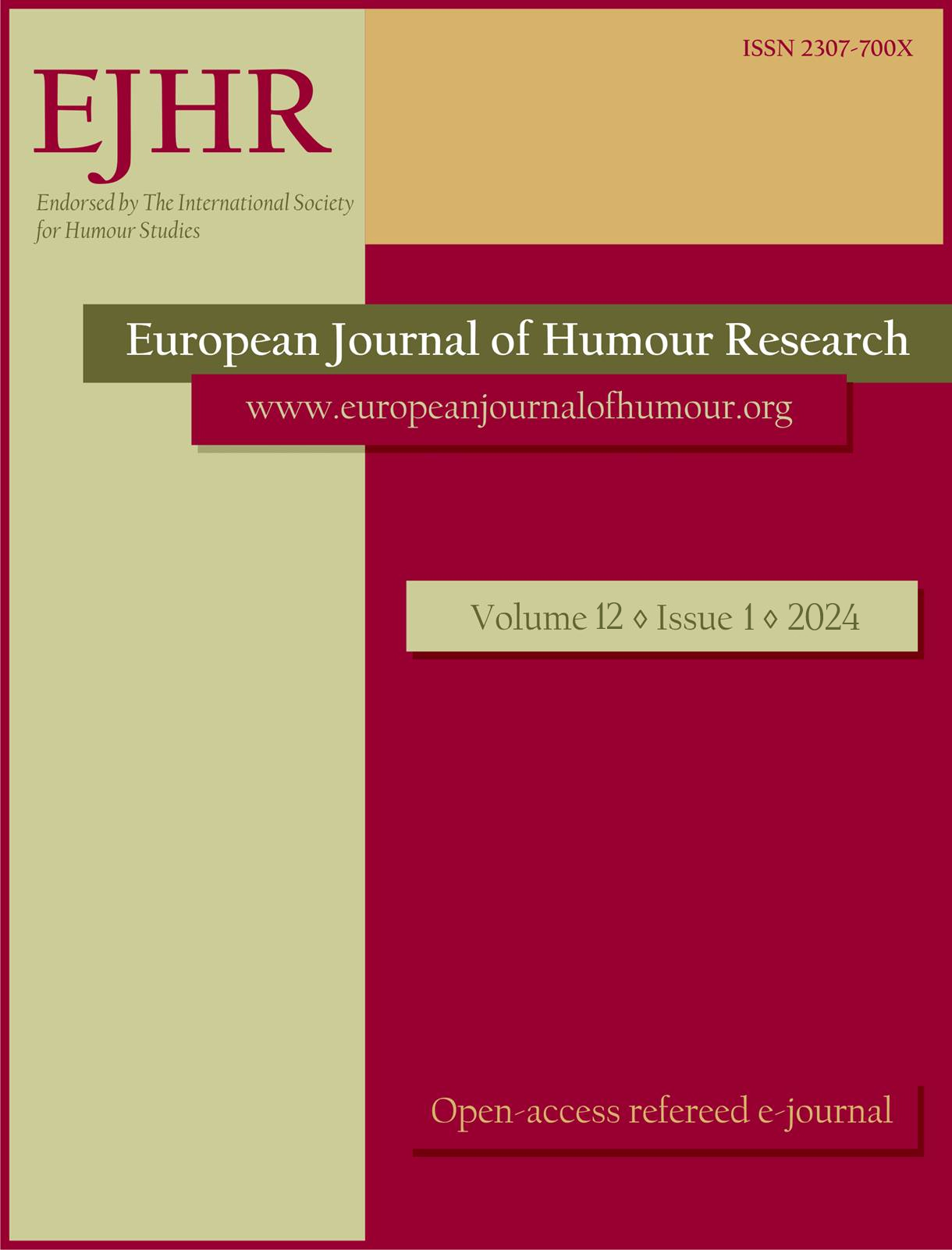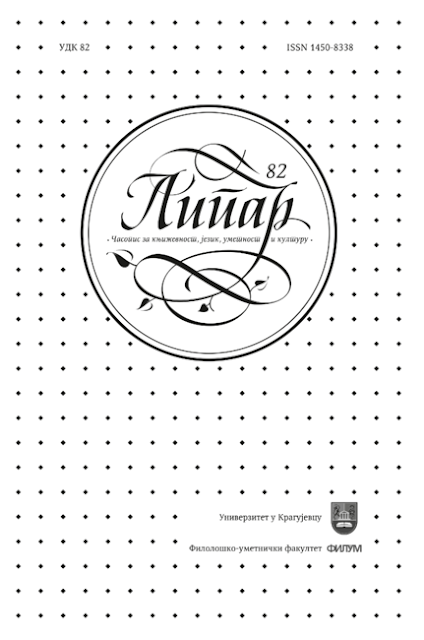
GENDER VARIABLE IN REALIZATION OF DIRECTIVE SPEECH ACTS
This paper deals with the gender variable in realization of directive speech acts, such as requests, suggestions, advice etc. The sample for this small-scale research consists of 328 instances of directive speech acts which are excerpted from the transcripts of selected dialogues of the popular US sitcom Friends and five American feature-length films. Directive speech acts are analyzed using Blum-Kulka et al’s classification (1989) and divided into three broad categories– direct, conventionally indirect, and non-conventionally indirect with many subcategories. The focus of this paper will be on direct strategies typically expressed with imperatives and on conventionally indirect directives usually expressed with interrogative sentences which include a suggestory formula and preparatory strategies, with special emphasis on their use in male and female language. The goal of the paper is to analyze and compare gender preferences in using different strategies for the realization of directives, with the assumption that women will be more thoughtful of the hearer’s face and use indirect forms more frequently than men. This is in line with Holmes’s (1995) characterization of women’s speech as more polite than men’s. The paper will analyze the use of these directive strategies in F-F interactions, M-M interactions, M-F interactions and F-M interactions. The illustrative examples will be analyzed using the theory of speech acts and politeness theory, using qualitative, quantitative and comparative research methods.
More...
